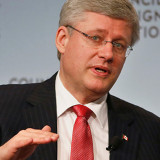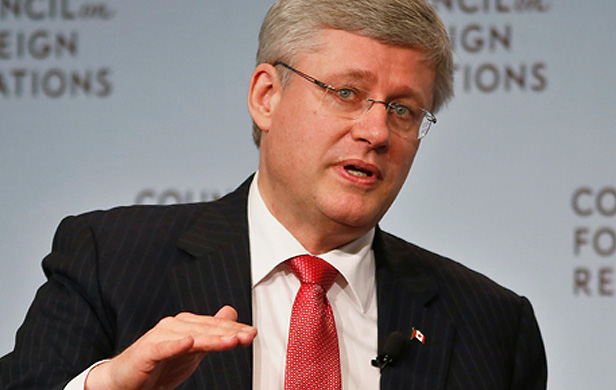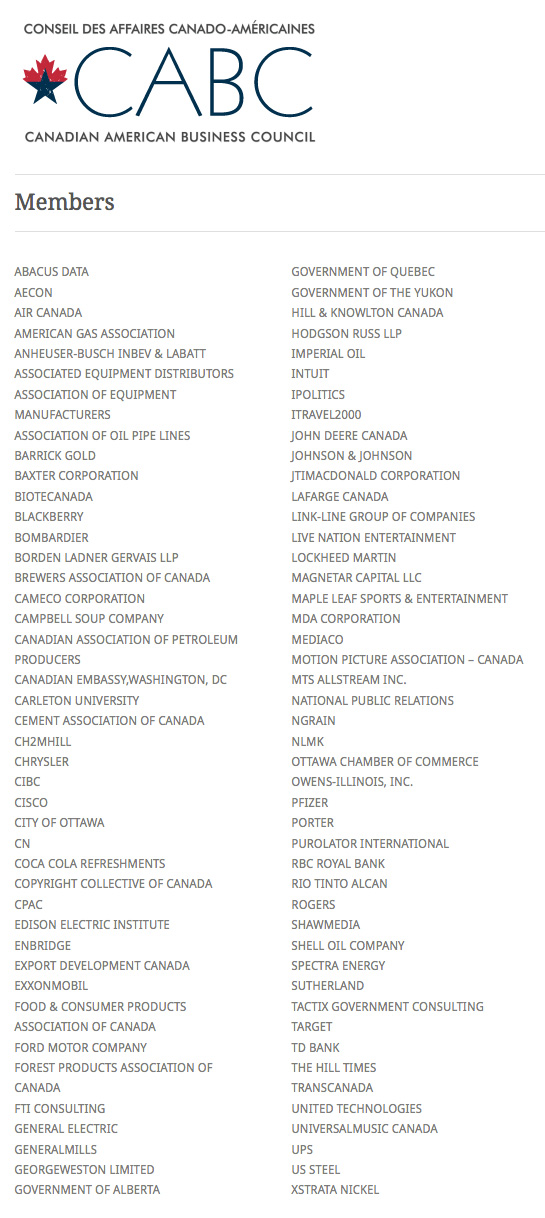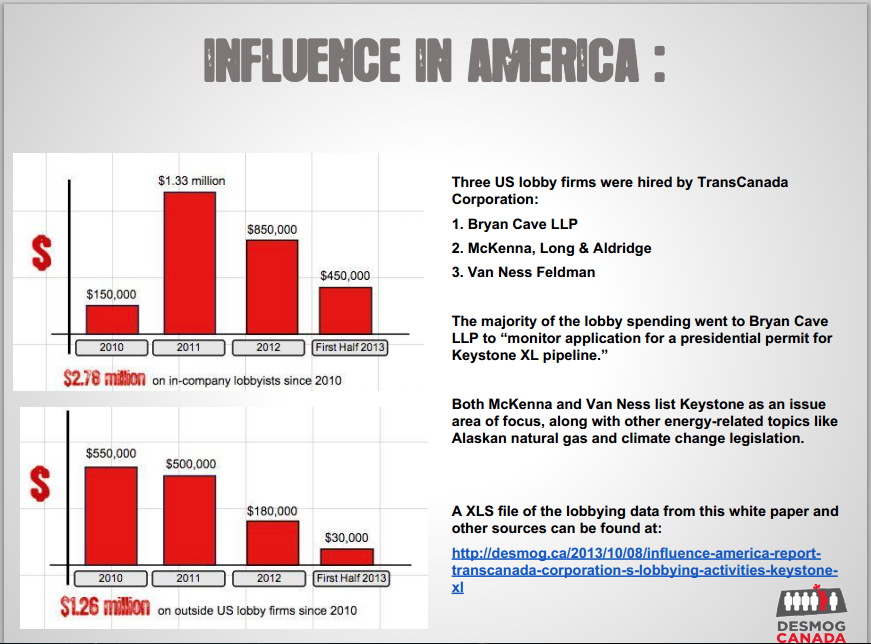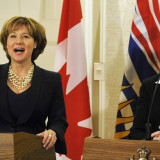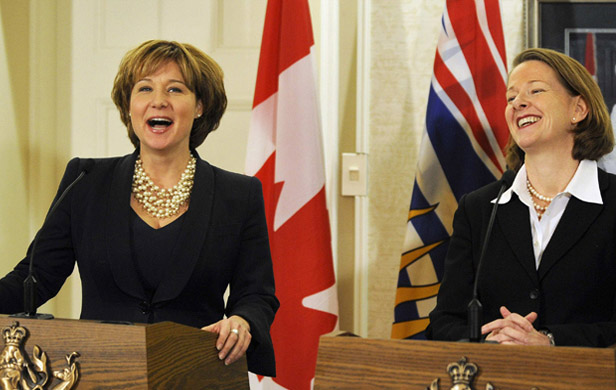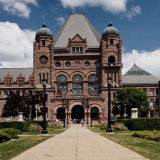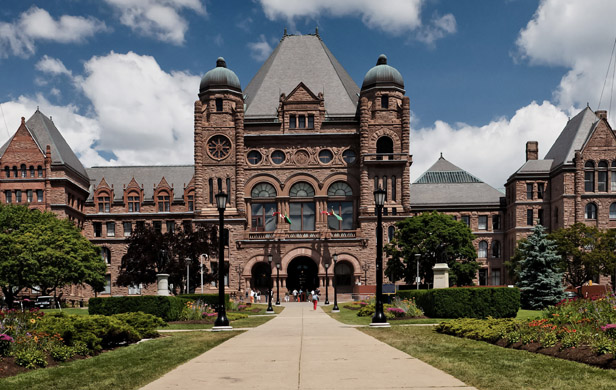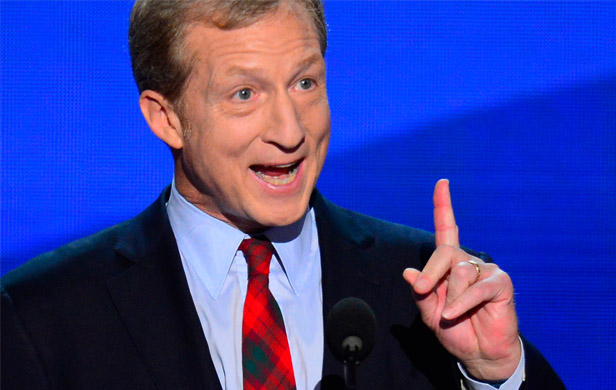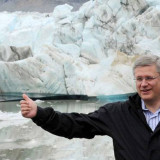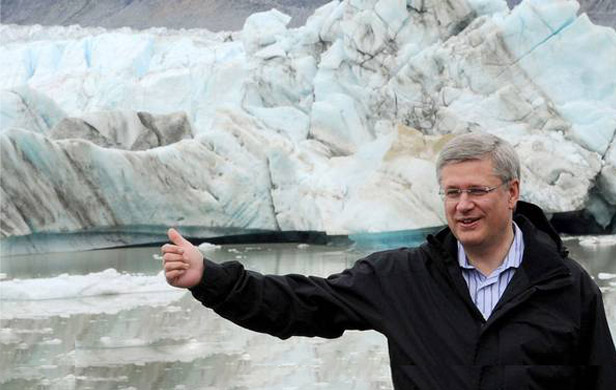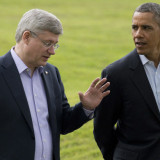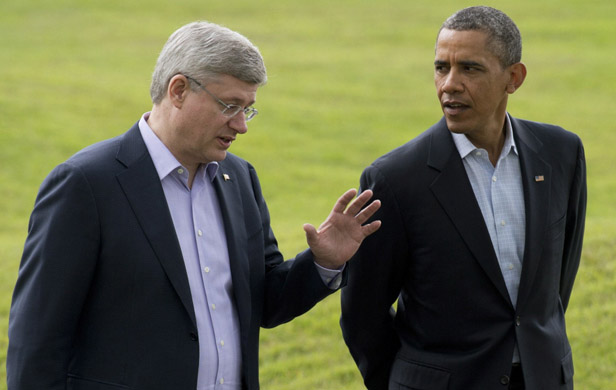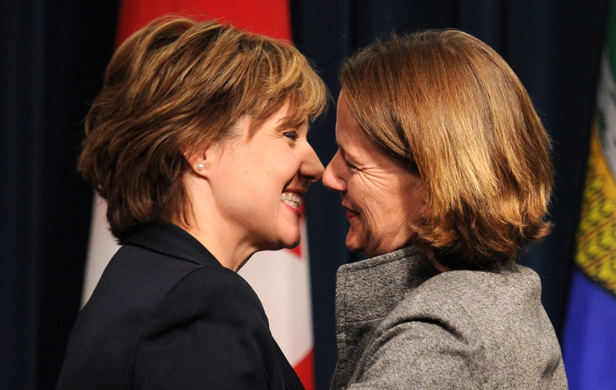
I assure you that this will not take long.
We’ve been screwed, blued and tattooed folks.
You may have read the story last week that First Nations have charged that the Enbridge pipeline has already started.
At the same time, the BC/Alberta Deputy Ministers Working Group is announced and the fix is in. No doubt about it.
There are two shared goals in the document touting this partnership:
- Opening new markets and expanding export opportunities for oil, gas and other resources
- Creating jobs and strengthening the economy of each province and Canada through the development of the oil and gas sector.
The document talks about oil spillage on land and sea, but never does it say that a project might not be allowed because of the “risk” of pipelines and tankers. It’s a given that there will be pipelines and tankers, PERIOD.
It mumbles platitudes like a “world class prevention and preparedness” regime.
First Nations’ Enbridge spill concerns being ignored
I’m sure First Nations will be delighted to know Clark and Redford will supply them with “accommodation”, which “can include mitigation measures or even economic compensation”. (emphasis added)
Mitigation is a weasel word for saying that although damage is coming, we will do our very best to minimize it – honest to goodness, cross our hearts and hope to die – we will give you prosthetic devices for the arms and legs we’re going to cut off.
[quote]Health permitting (I’m a little long in the tooth) I’ll place myself in front of the first dirt remover.[/quote]
And, dear friends, there may be wampum for you if you’re good little Indians and place your “Xs”on the dotted line. Somehow I don’t see First Nations being convinced by this document that they will be treated any better than the Carrier-Sekani or Haisla were at the time of Alcan’s Kemano hydroelectric project in the 50s. This government, like the Bourbons, “has learned nothing and forgotten nothing”.
Carving up the booty
The rest of this 10-page document deals with carving up the booty – partly in bribes for First Nations, but mostly between themselves.
One of the major players – are you ready for this? – is Fazil Mihlar, a former fellow of the Fraser Institute and editor of The Vancouver Sun. Mihlar recently left the paper to become the BC Liberal Government’s Assistant Deputy Minister of the new Oil and Strategic Initiatives Division.
Act as if pipelines are a done deal
There is little to say except we must now choose our weapons and we should stop beating about the bush. There is no point in pleading with these bastards for their mind is made up. We must treat the situation as if the pipelines were a done deal – because they are.
We’ve reported on the false facade of Clark’s supposed reservations about Enbridge over the past year, juxtaposed with the realties of trade deals and the province’s legal abdication of responsibility on the pipeline decision – this new information simply reinforces our concerns all along.
Peaceful civil disobedience is the only weapon left and we must prepare for that. As I have said for sometime, health permitting (I’m a little long in the tooth) I’ll place myself in front of the first dirt remover.
Writing letters is always a good idea but it does nothing. Your MLA and MP have no power to do anything.
The opposition to these pipelines and tankers must contain the solemn undertaking to physically stop them. Anything else will be taken by your government as bluff and bluster.
Rafe to Christy: Hold a referendum
For the first time in nearly 82 years on this planet I find myself ashamed – not just pissed off – but ashamed of my government. The people, indigenous or otherwise, have not been consulted and won’t be.
I leave with this challenge to Premier Clark: hold a referendum.
Or are you afraid that, as with the Charlottetown Accord in 1992, the public will be informed and let you know they want nothing to do with your disgraceful deals?
Yes, hold a referendum and let us decide the fate of our beautiful province with one of the last real wilderness areas in the world.
[signoff1]


